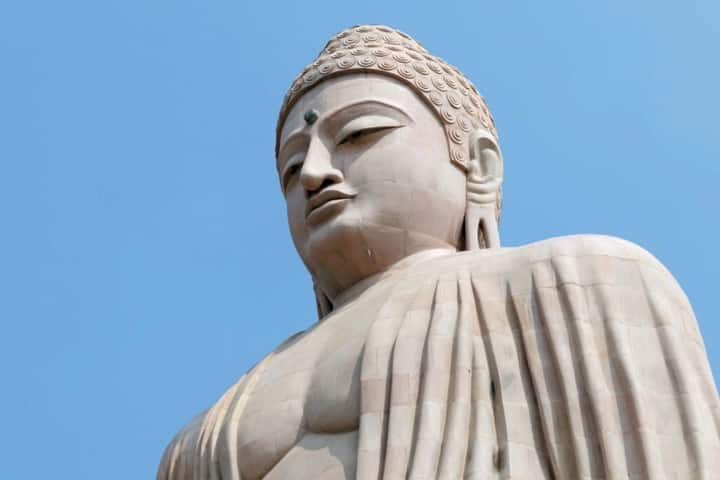With the world at large facing several important issues like poverty, population growth, energy crisis, social divide, illiteracy, global warming, and environmental degradation , many are looking at ancient philosophies and knowledge in order to find solutions.
Keeping in line with this, the International Buddhist Confederation (IBC) supported by the Union Ministry of Culture, will be holding the Global Buddhist Summit at Ashoka Hotel, New Delhi later this week.
The IBC is committed to expanding the role of Buddha’s teachings to resolve global problems based on its ancient Indian roots.
The theme of the two-day Global Buddhist Summit (GBS) to be held on April 20-21 is, “Responses to Contemporary Challenges from Philosophy to Praxis” . It will see participation by renowned Sangha leaders, scholars and Dharma practitioners who will closely look at Buddha’s teachings and the Buddhist response to some the pressing contemporary problems that our world is facing.
Talking to news agency ANI, Dr. Dhammapiya, IBC General-Secretary said that Buddha’s middle path holds the key to resolving the conflicts between extreme viewpoints and restoring balance in the universe.
The four themes that will be discussed in the Summit include Buddha Dharma and Peace; Buddha Dharma: Environmental Crisis, Health and Sustainability; Preservation of Nalanda Buddhist Tradition; and Buddha Dharma Pilgrimage, Living heritage and Buddha Relics.
The Summit will also enable India as the host to emphasise its longstanding ties with neighbouring nations like Sri Lanka, Bhutan and Nepal and Sri Lanka, especially those concerned with the Buddhist tradition. It will also stress on India’s role and commitment as one of the leading countries in the region to foster peace and harmony.
The GBS will see the presence of 180 participants from 30 countries around the world, including from faraway nations like Brazil and Mexico.
The IBC had recently held a successful international meet of experts from the Shanghai Cooperation Organisation (SCO) nations on shared Buddhist heritage in order to re-establish trans-cultural links, seek out commonalities between Buddhist art of Central Asia, art styles, archaeological sites and antiquity in various museums’ collections of the SCO countries.




















